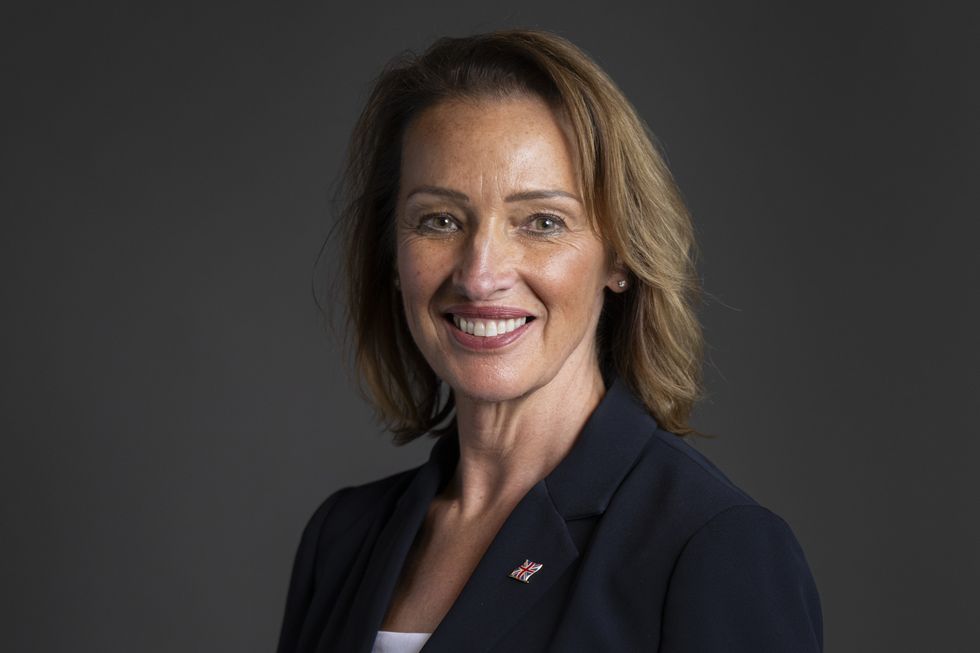A TOTAL of 1,194 migrants crossed the English Channel in small boats on Saturday, marking the highest number in a single day so far this year, according to AFP's count based on UK government data.
The crossings bring the total number for 2024 to 14,808, a new high despite efforts by both UK and French authorities to reduce such incidents.
French coastal officials said nearly 200 migrants were also rescued between late Friday and late Saturday.
Although Saturday’s figure does not surpass the record of 1,300 arrivals in a single day set in September 2022, the latest numbers come amid ongoing political pressure in the UK over irregular migration.
UK defence secretary John Healey described the crossings as “shocking” and said they showed a lack of control. “Pretty shocking, those scenes yesterday,” he told Sky News on Sunday. “We saw the smugglers launching elsewhere and coming around like a taxi to pick them up,” he said. “Britain's lost control of its borders.”
In a statement, the Home Office said: “We all want to end dangerous small boat crossings, which threaten lives and undermine our border security.”
Prime minister Keir Starmer recently introduced new immigration measures, including increasing the period before migrants can apply for settlement and expanding powers to deport foreign criminals. These steps have been seen as part of an effort to regain voter support and respond to growing pressure from the Reform party.
A separate bill, the Border Security, Asylum and Immigration Bill, is currently under debate in Parliament.
The 14,808 total for the first five months of 2024 is the highest since record-keeping for Channel crossings began in 2018. It also exceeds the previous six-month record, which stood at about 12,900 in the first half of the year.
French coast rescues migrants
French authorities said 184 people were rescued in four separate operations on Saturday. In one case, a boat carrying 61 people lost power. In another, nine people sent out a distress call.
According to AFP’s tally of official data, 15 people have died this year while attempting to cross the Channel, one of the world’s busiest shipping lanes.
Healey said France had agreed to allow its police to intercept migrant boats in shallow waters, but they are currently unable to stop boats once they begin crossing.
“We've got the agreement (with the French) that they will change the way they work,” he said.
He told the BBC, “What we now need is to work more closely with the French to persuade them to put that into operation so they can intervene in the water, in the shallow waters, which they don't at the moment.”
(With inputs from agencies)

















 Sarah Pochin (Photo: UK Parliament)
Sarah Pochin (Photo: UK Parliament)
